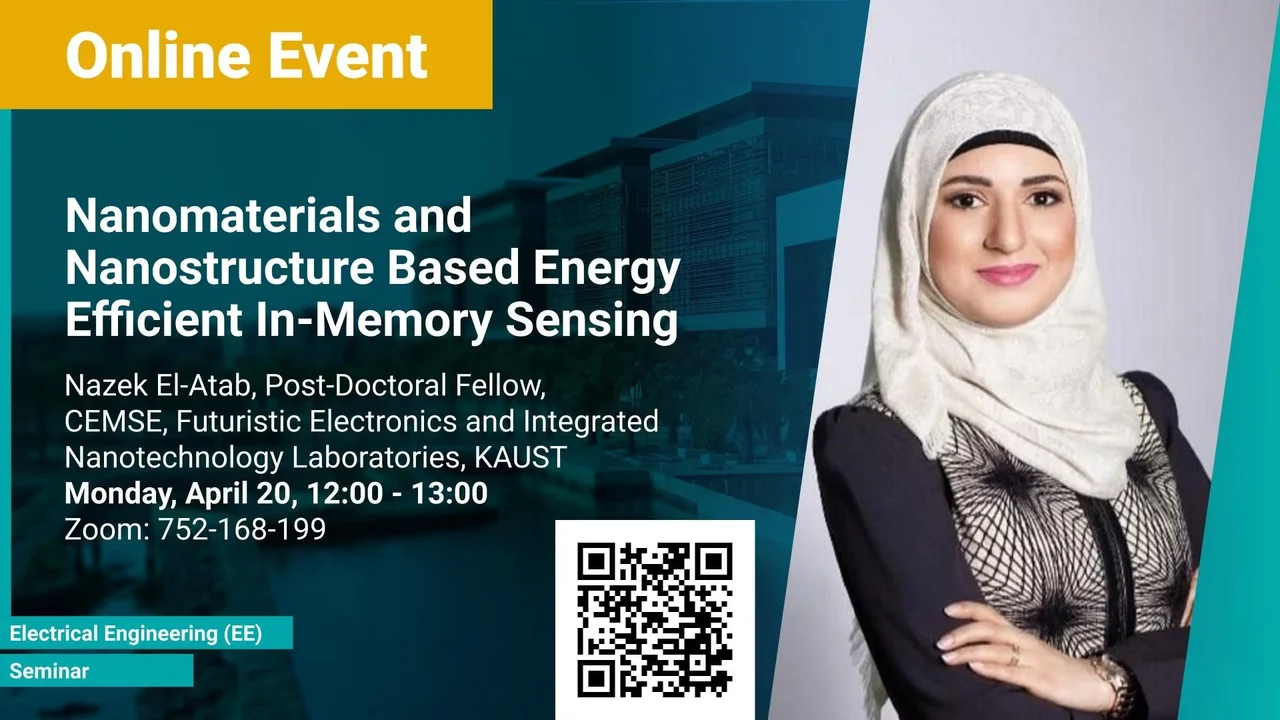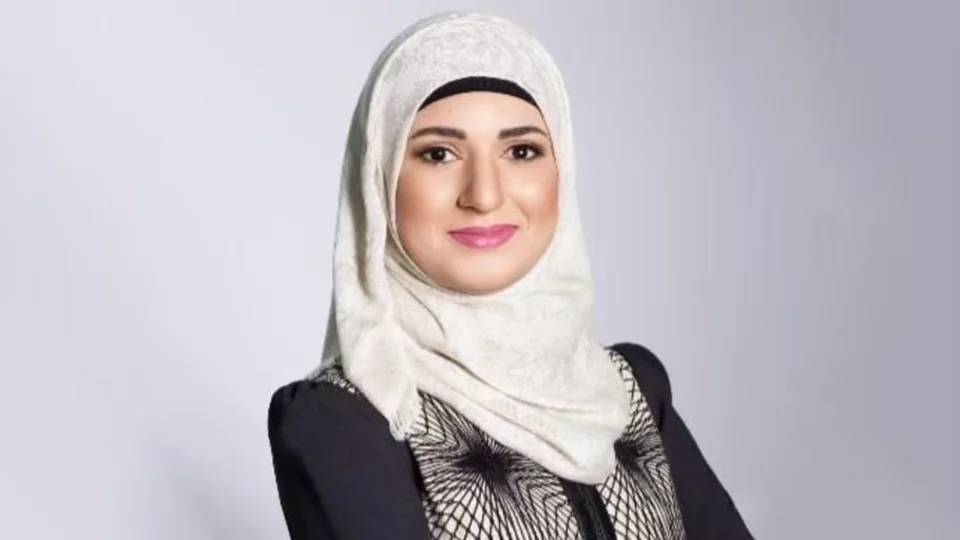
Nanomaterials and Nanostructure Based Energy Efficient In-Memory Sensing
In this talk, I will present the potential of nano-islands grown by the atomic layer deposition (ALD) in addition to novel material combinations in scaled memory devices. Moreover, in order to relax the scalability requirement, I will introduce an integrated potential single device solution by infusing memory device which can monitor and remember our actions and the surrounding environment. Such a device performs the roles of both a MEMory and a senSOR at once and is referred to as a MEMSOR. The MEMSOR is directly programmed by external physical stimuli rather than an applied electric potential as in conventional devices. As a result, the MEMSOR leads to faster data analysis, lower footprint area, energy consumption, and ideally, the cost of the system. Finally, the MEMSOR device will be based on a MOSFET architecture with a mature manufacturing process, and thus it can be integrated with conventional Flash devices on the same silicon wafer with minimal additional process steps.
Overview
Abstract
Over the decades, electronics technology has pushed the limit of our imagination and we are currently looking forward to major innovations including autonomous cars, augmented reality, and artificial intelligence. All of them need high density and high capacity memory storage which can transfer the stored data quickly and reliably. Therefore, memory devices have been improving over the years by scaling its footprint, density, power consumption to achieve faster operation. In specific, to continue increasing the density of flash memory devices – which cover more than 99% of the applications up till now – using innovative material combinations or stacking the devices vertically in a 3D fashion is needed. Nevertheless, both of these approaches have key limitations especially from a further scaling perspective. In this talk, I will present the potential of nano-islands grown by the atomic layer deposition (ALD) in addition to novel material combinations in scaled memory devices. Moreover, in order to relax the scalability requirement, I will introduce an integrated potential single device solution by infusing memory device which can monitor and remember our actions and the surrounding environment. Such a device performs the roles of both a MEMory and a senSOR at once and is referred to as a MEMSOR. The MEMSOR is directly programmed by external physical stimuli rather than an applied electric potential as in conventional devices. As a result, the MEMSOR leads to faster data analysis, lower footprint area, energy consumption, and ideally, the cost of the system. Finally, the MEMSOR device will be based on a MOSFET architecture with a mature manufacturing process, and thus it can be integrated with conventional Flash devices on the same silicon wafer with minimal additional process steps.
Brief Biography
Dr. Nazek El-Atab is a Post-Doctoral research fellow with Professor Muhammad Mustafa Hussain at the MMH labs at KAUST. Her current research focuses on the design and fabrication of futuristic electronics. She received her B.Sc. degree in Computer and Communications Engineering from the Hariri Canadian University, Lebanon, in 2012, her M.Sc. degree in Microsystems Engineering from the Masdar Institute of Science and Technology, Abu Dhabi, UAE, in 2014, and her Ph.D. degree in Interdisciplinary Engineering from the Masdar Institute in 2017. She has received several awards for her research, including 2015 For Women in Science Middle East Fellowship by L’Oreal-UNESCO, Best Paper Award in the Micro/Nano-systems section at the UAEGSRC 2016 conference, the 2016 IEEE Nanotechnology Student Travel Award in Japan, the 2017 International Rising Talents Award by L’Oreal-UNESCO, the 2018 “Hariri Canadian University” Alumni Award, and was portrayed in the 2019 “Remarkable Women in Technology” by UNESCO. Most recently, Dr. El-Atab was selected to attend the 70th Lindau Nobel Laureate Meeting in Germany. She has published over 30 papers in international peer-reviewed scientific journals and conference proceedings, 2 book chapters, 2 books and has 7 filed U.S. patents. She has served as a Jury member for the 2017 For Women in Science Middle East Fellowship by L’Oreal-UNESCO, a member of the Panel of Experts for 2019 For Women in Science Awards by L’Oreal-UNESCO and a Jury member of the 2019 Regional Girls Coding competition by UNESCO. She is also a reviewer for several scientific journals including IEEE Transactions on Electron Devices, IEEE Electron Device Letters, Applied Physics Letters, ACS Applied Materials and Interfaces, ACS Applied Electronic Materials, and the Institute of Physics Nanotechnology.
